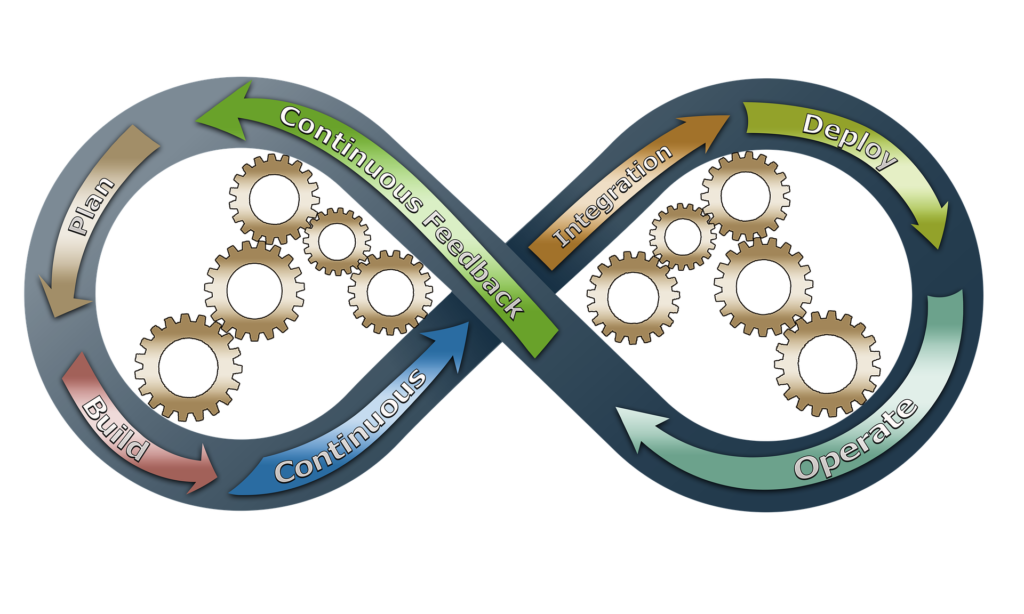Nowadays there are a lot of useful SEO tools. There is a vast selection for which you will probably need a lifetime to check out. Some of the tools are paid, some have a free trial period, and others are completely free. Today, we’ll list several top free SEO tools.
Which tool will you add to your toolbox? Well, it depends on the goal you wish to achieve. One thing you need to know is that the number one SEO tool is your brain, and all the other tools are just assets.
If you make the right combination of free SEO tools you will get a very powerful SEO weapon. Powerful, but still not magical. So, you’ll still need other great tools, like Google Sheets. When your number one SEO tool is fed, and the data are processed you will get that a-ha moment.
KPI
Now, let’s get back to our SEO goals and KPI. Before you start optimizing websites, webpages, products, or blog posts you need to measure your success or failure. You need to determine the right KPI.

Some examples are:
- Web traffic
- Returning visitors
- Click thru rate
- Customer lifetime value
- Conversion rates
- and many others
The tools you will use for measuring are Google Search Console and Google Analytics. These tools besides measuring can do many other powerful things. For instance, with GSC you can analyze your site’s impressions, clicks, and position on SERP. You can easily export data, get your content to Google index, find and fix many of the issues that will encounter your website.
Content Tools
One of the most important things in SEO is your user, your visitor, or your potential buyer.
Give them what they are looking for, do not deceive them. Adjust your content for various types of users. Remember, not all of them are experts. Do not ever forget your first steps on the Internet, your first online purchase, and your struggle.
This blast from the past will help you create great content and great UX. Let’s focus on the search result page. When someone types a search query in most cases Google will show the title, meta description, and the page’s URL. The title and URL with proper keywords will get you on SERP (very simplified). The meta description will make your user click or not click on your page. The good news is you can easily optimize those 3 factors. Make your title and URL long enough to be properly shown on SERP. Write a good meta description to attract your potential user and to increase your CTR.
The tools that you can use for the job are:
SERPSim is a very simple but yet very powerful tool. It simulates your page’s appearance on SERP.
With a content analysis tool, you can easily adjust your title and meta description length. Also, you can add a focus keyword and get an optimization score for title and meta description.
Will Google show the exact meta description that you wrote on SERP? In most cases, it will, but in some cases, it will generate meta description from your page content based on user intent.
For the quality of your description, you may use Google NLP API and Hemingway Editor.
Keywords Tools
Keywords tools will help you determine what people are searching for as well as the monthly search volume. Some other tools will help you with trends and show you monthly or yearly changes in keyword search volume. For the trend purpose, you should use Google Trends.
Where can you get keywords ideas?
Keywords ideas can be found in Google Search Console and Google Analytics. Another great tool is Google Planer, which is a part of Google Ads.
You may also try one of these:
- Answer the Public – website
- Keyword Surfer – Chrome extension
- Keyword Sh**ter – censured
- SEOQuake – Chrome extension
You can pick up keywords ideas from your competitors as well by studying and analyzing their websites. It’s a win-win situation: they get the traffic increase you get the keywords.
Put all those keywords in Google Sheets then cook it in your brain and serve it cold in your title, URL, and meta description.
Website Speed
“Content is king“. You’ve heard this phrase a million times. It is true and with a great probability, it will stay true in the days to come.
Besides content, another very important ranking indicator is speed. You have to admit that nobody likes slow loading websites. Keep in mind that the content and speed are to some extent bound together. You need to make that fine-tuning of the content-speed relationship.
There are two possible scenarios. You can have the best content in the world, but a very slow site. The consequences – nobody will read your content. Or you can have the fastest site with poor content, in which case Google will not rank you well. Do you get the idea?
Some of website speed tools that you may want to use are the following:
With the data and hints from these tools, you can “easily” increase your site speed. I said “easily” because increasing the site speed is not an easy task. You need to figure out by yourself where the bottlenecks are. Site speed depends on many factors, and you must find the ones you can affect and modify. Talk to your colleagues and team and you will fix even more site speed related issues. Increasing site speed is not a one-man job but rather the result of teamwork.
Wrap Up
Do you already use some of these free SEO tools? If not, try them out and start using the most suitable ones.
Remember, if you work hard, analyze deep, use math and statistics, the kingdom of SEO will be yours.

Very concise and useful text. Thanks for sharing the tools, and thoughts.
*thumbsup*
I use all those tool on my blog about transport